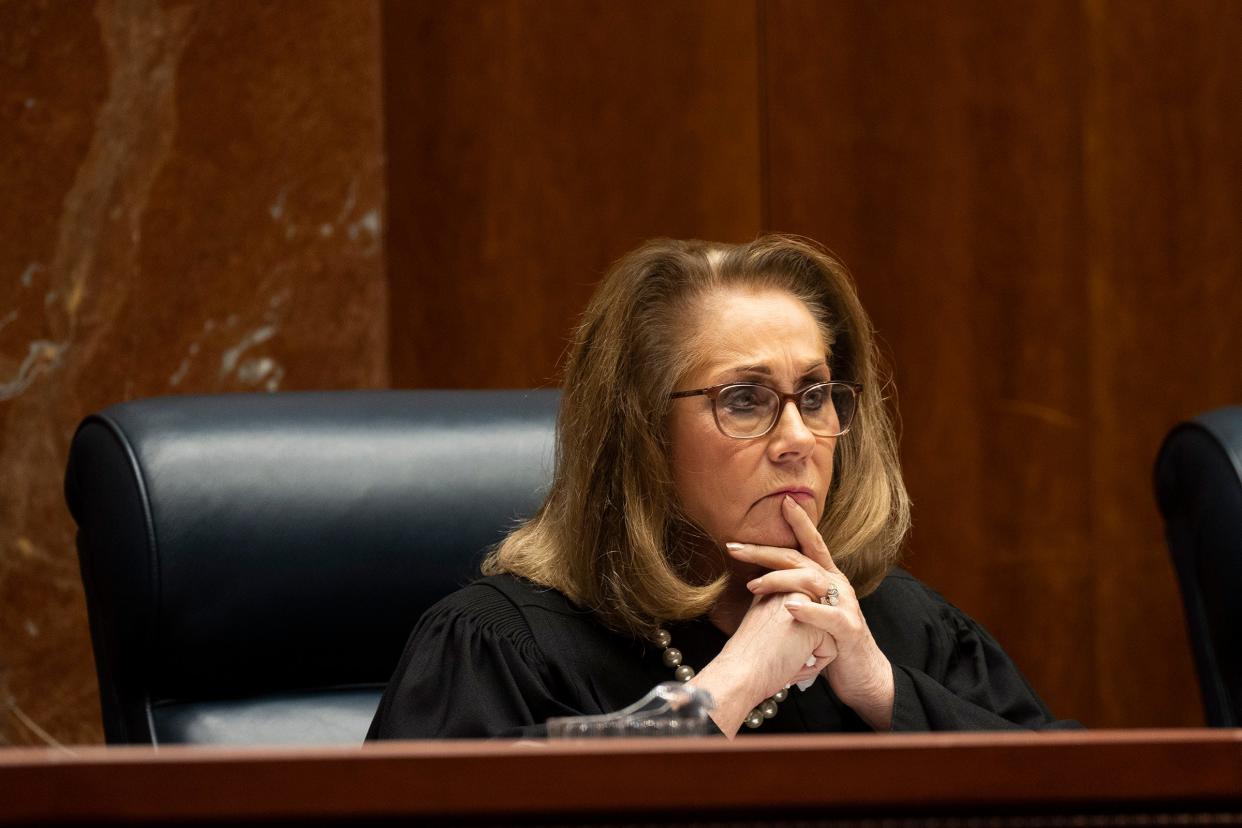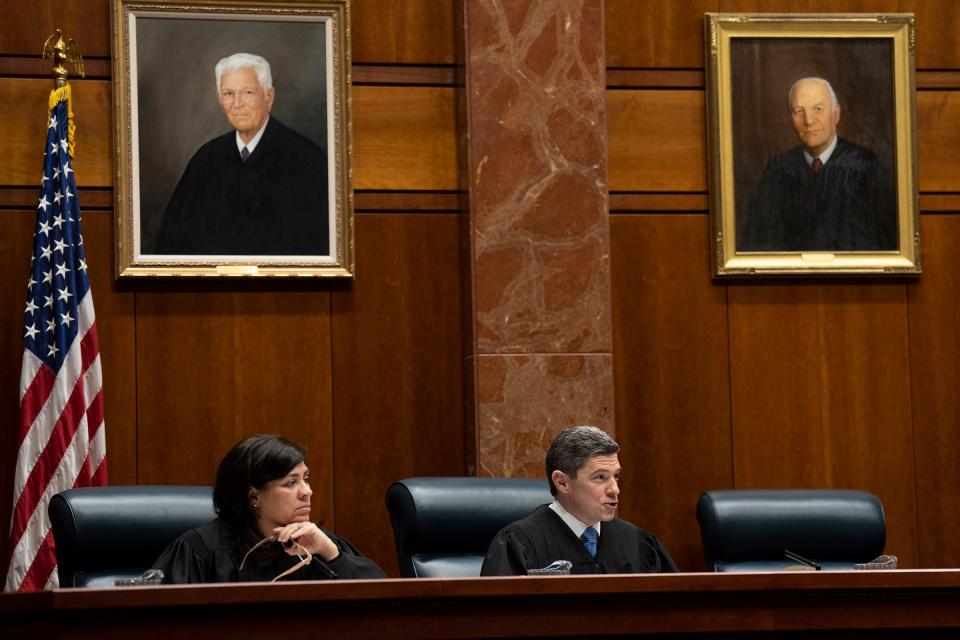Texas Supreme Court declines to hear Denton IVF case arguing embryos are children

The Texas Supreme Court declined Friday to hear a case on in vitro fertilization that could have allowed the justices to rule on whether embryos should have personhood, leaving in place decades of legal precedent that treats them as property.
Experts told the American-Statesman in May that the case could have severely affected IVF access in Texas if it were pursued. The case bore some similarities to the Alabama Supreme Court case in which justices ruled that frozen embryos created through in vitro fertilization are “unborn children” under wrongful death statutes. After the ruling, several major fertility clinics closed shop in the state until the Alabama Legislature passed a law relieving them of legal liability for embryo destruction or damage.
The Texas lawsuit centered on a contract that Denton residents Caroline and Gabriel Antoun signed while they were married in 2019, stipulating that any extra embryos created during the IVF process would go to Gabriel in case of divorce.
In a petition for review, Caroline Antoun's counsel argued that extrauterine embryos would be considered human beings under Texas' near-total abortion ban and the 2022 U.S. Supreme Court decision striking down the federal right to an abortion. They asked for the court to grant parental rights over embryos and use custody proceedings, rather than contracts, to determine who could keep them.
The Supreme Court's rejection of Caroline Antoun's petition for review preserves a lower court's ruling that found the contract governing ownership of IVF embryos is still valid.

Gabriel Antoun expressed relief Friday that years of litigation over the embryos could be coming to an end.
"I am thankful for the court's decision, which honors our agreement and supports families' decisions regarding IVF," he wrote to the Statesman. "I am grateful that this matter is hopefully resolved and look forward to focusing on my family moving forward."
Gabriel Antoun's lawyer, Patrick Wright, was enthusiastic about the justices' decision to stay out of the hot-button issue of embryonic personhood, writing to the Statesman that "the legislature—not the judicial system—is where these questions should be discussed."
"We are pleased with the ruling today," Wright wrote. "We are equally pleased that families can continue with the IVF process in Texas, that IVF doctors can continue to help families, and that Texans can still grow and plan their families.”
Caroline Antoun did not immediately respond to the Statesman's request for comment. In an emailed statement, the firm representing her said they were "obviously disappointed" by Friday's decision.
More than 7,000 babies are born annually in Texas through IVF, a technology through which eggs and sperm are combined in a laboratory setting, then frozen or immediately implanted in a womb. It is often used to help infertile couples conceive biological children.
While the state Supreme Court's decline of the case makes it very unlikely that Caroline Antoun's appeal will go forward, her legal team said Friday that it is "considering all possible avenues for additional review."
The rejection of the petition for review also does not preclude the court — or the Legislature — from potentially taking up new challenges on IVF embryos in the future. Anti-abortion groups, such as Texas Right to Life, and some members of the Texas Republican Party have expressed their hopes that embryo destruction will be banned.
"While the Court is understandably reticent to take on such a politically hot topic in an election year, the problem will not go away," the firm representing Caroline Antoun — Tasker, Bodkin, Niehaus & Jolley — wrote in an emailed statement.
This article originally appeared on Austin American-Statesman: Texas Supreme Court won't hear IVF case arguing embryos are children

